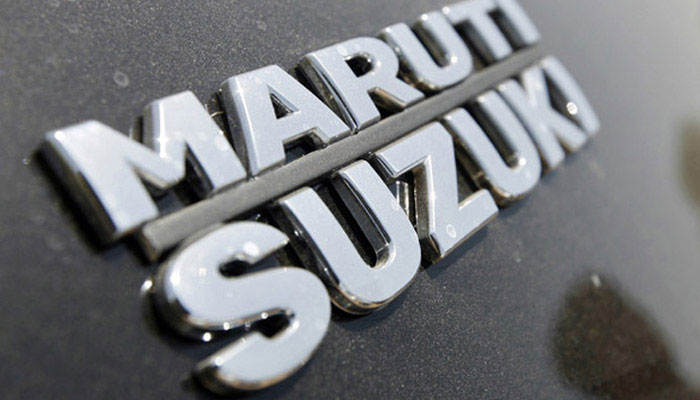
In a move towards the complete electrification of Indian vehicle fleet by 2030, India’s top carmaker, Maruti Suzuki has constantly been in the forefront of the small steps being taken towards a greener future of India. One big step in this direction is that Maruti’s parent company Suzuki is currently focussing on their in-house capabilities as well as finding ways to collaborate with other companies for developing the complete eco-system for EVs in India.
Maruti Suzuki will be launching an EV in the compact segment in 2020 before it launches models under the partnership hood with Toyota Motors. This decision has been taken by its parent company Suzuki which thinks that India is the top market for the Japanese carmaker and it doesn’t want to lose its Number One position as the EV change is taking place in India by 2030 so, in order to prepare itself for the change, Suzuki wants to be prepared with a well developed eco-system in place to tackle the EV switch on the Indian roads.
Maruti Suzuki is likely to launch an EV in the compact segment under Rs 10 lakhs budget and with an electric output of 25 to 35 Kilowatts per Hour. The company is also looking for collaborations in areas of battery recycling and reuse, components manufacturing, handling, etc. apart from the charging infrastructure setup in India. They are of the view that, the complete eco-system has to be developed in order to transition smoothly into EVs.
The Japanese carmaker is looking at an initial 40% adoption of EVs in India which is the best-case scenario by 2030. On an average growth rate of 8%, around 71 million vehicles would be added until 2030, out of which, they are expecting that 14.4 million vehicles would be pure electric and other 56.6 milion vehicles would have IC engines. This is where hybrid vehicles come in the picture and Maruti thinks that Hybrids will help immensely in combating fuel efficiency and air pollution problems in the future until there is complete electrification of vehicles on India roads.


